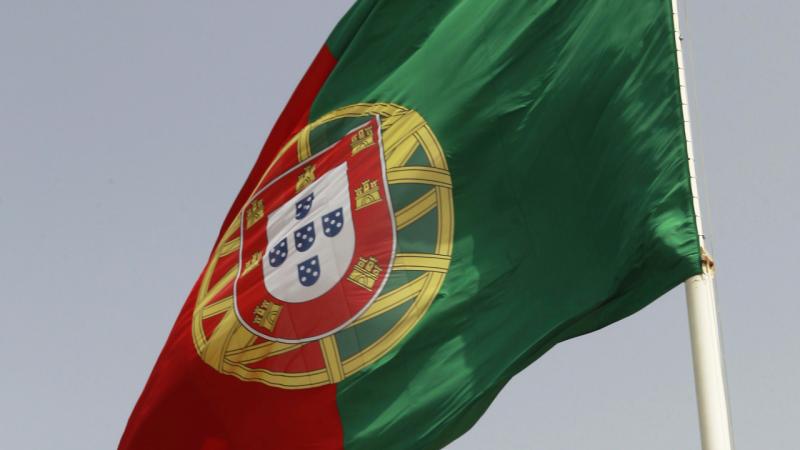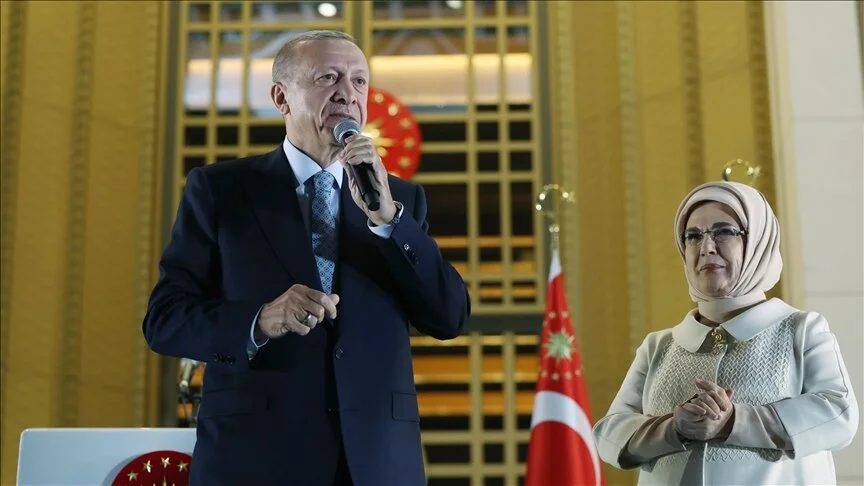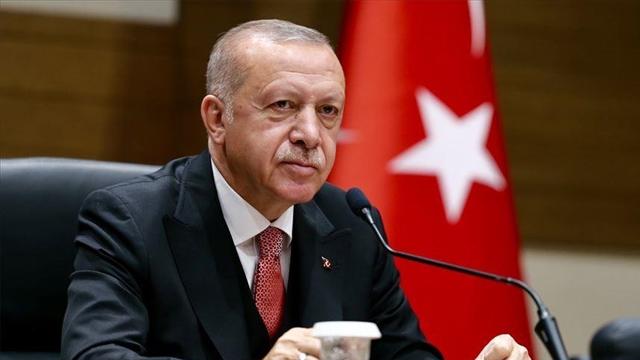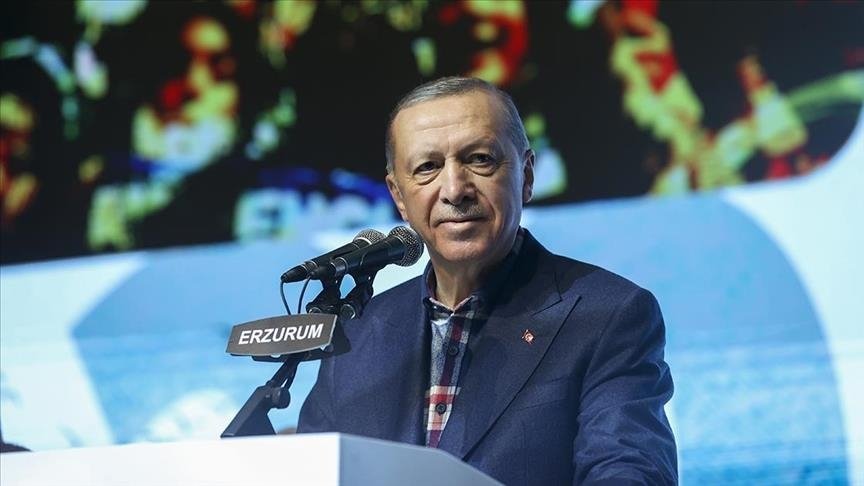Portuguese people, who will go to the polls for the third general election in the last 5 years, are looking for political stability on the 50th anniversary of the Carnation Revolution of April 24, 1974, which ended the dictatorship in the country, but polls show that a minority or coalition government is inevitable.
Polls indicate that the Democratic Alliance (AD) formed by the right-wing Social Democratic Party (PSD), which has been the main opposition in the country for 9 years, with the Christian Democrats (CSD) will come first in the elections, while the Socialist Party (PS), which is currently in power alone, will come second by a small margin.
However, since AD is expected to have a maximum of 100 deputies in the 230-seat Portuguese Parliament and will not be able to win an absolute majority of 116, it will have to rely on outside support to form a government.
Far-right Chega is expected to make a big surge
According to the polls, the far right, which is normally expected to play a key role in determining the government for the next four years, is expected to be on the rise.
The far-right Chega, led by Andre Ventura, a former soccer commentator, is expected to increase its number of deputies from just 1 in 2019 to as many as 12 in the 2022 elections and as many as 35 on Sunday.
Chega, which has been the third largest political party in Portuguese politics for the last two years, is expected to further strengthen its position and become decisive in these elections.
In the European Union (EU), five countries (Italy, Hungary, Poland, Finland and Latvia) currently have far-right parties in power and Sweden has far-right parties supporting the government from outside, while Portugal is likely to join this list.
According to the polls, AD is capable of receiving 28-32 percent of the votes, PS 24-29 percent, Chega 15-20 percent, while among the political parties participating in the elections, it is claimed that the votes of the right bloc will be 50-51 percent and the votes of the left bloc will be between 46-48 percent.
Portugal’s new prime minister will be Luis Montenegro, leader of the PSD and AD, or Pedro Nuno Santos, former Minister of Infrastructure and Housing, who was elected PS secretary general in December 2023, replacing Costa, who resigned after serving as prime minister since 2015.
In the last elections in 2022, the PS set a record with Costa with 41.37 percent of the vote, but has suffered from corruption investigations, a lack of trust and political instability in the country.
Corruption, housing and health are the main concerns of the Portuguese who showed no interest in the elections
In Portugal, where the last election was held on January 30, 2022 and the turnout was only 52 percent despite an increase of 3.6 percent, 10.8 million registered voters are not expected to show interest in the polls this time.
Portuguese President Marcelo Rebelo de Sousa also highlighted this problem, saying: “In a democracy that is turning 50, it is very important that we do not follow the evolution of democracies that are getting older. It is important that everyone who can vote goes to the polls.”
According to the polls, the Portuguese prioritize corruption, housing, health care and immigration, all of which have been high on the agenda recently.
Allegations of politicians using kickbacks or influence to gain unfair advantage in public tenders were not limited to the detention of five people, including former Prime Minister Costa’s chief of staff and an advisor, as was the case in November, but similar corruption in municipalities of different political parties had also come to the fore in the past.
The biggest social crisis in the country is known as the housing problem.
The Portuguese have been taking to the streets and demonstrating for the past two years over the housing problem, which particularly affects the young and the elderly. They are opposed not only to rent and house price increases, which are the highest in 30 years, but also to tourist-only rentals and vacant apartments, which are common in big cities like Lisbon and Porto.
In Portugal, which ranks 10th among EU countries with 886 euros paid for the minimum wage, the rent of just one room in big cities is 500 euros per month on average, while house prices have increased by 26.3 percent in the last year, according to the idealista.pt real estate website.
The health sector is one of the most debated issues in society, with civil society organizations criticizing late surgery dates, long waiting lists and insufficient staff.
Economic stability expected to continue this year
Meanwhile, Portugal, which successfully overcame the economic crisis in 2011 and is in an economically stable period, has managed to reduce its public debt ratio to 98.7 percent of gross domestic product in 2023, the first time it has been below 100 percent since 2009.
The Portuguese economy, which is expected to remain stable this year due to the current leftist government’s comfortable passage of the 2024 budget through Parliament, is also in a more advantageous position than Spain, Italy and Greece, with long-term borrowing costs around 3 percent.
According to statistics, Portugal, which recorded an economic growth of 2.3 percent in 2023, has a national income per capita of 25,760 euros and an unemployment rate of 6.5 percent.
Nearly 10 percent of the country’s population are migrants
On the other hand, the issue of migrants, which is particularly used by the far-right in their discourse, is slowly becoming a political issue in Portugal.
According to the latest statistics, the number of registered migrants in Portugal has risen to more than 1 million, approaching 10 percent of the country’s population, while it is noteworthy that it has doubled compared to 10 years ago.
Current composition of the Parliament
The current distribution of the 230-seat Parliament in Portugal is as follows:
PS 120, PSD 77, Chega 12, Liberal Initiative (IL) 8, Left Bloc (BE) 5, Portuguese Communist Party (PCP) 6, Portuguese Party for Nature and Animal Protection (PAN) 1, Free 1.
The results of a poll published by Ipespe on March 6:
The right-wing alliance with the PSD as the largest partner is AD 98, PS 74, Chega 35, IL 9, BE 6, Free 4, Unitary Democratic Coalition (CDU) 4.





